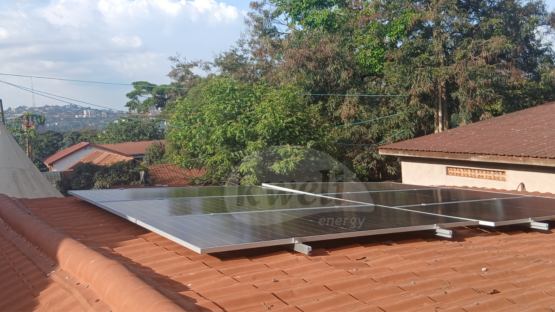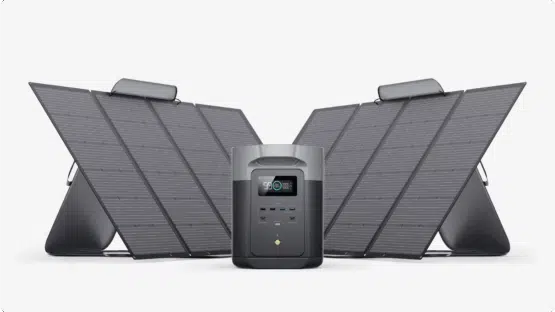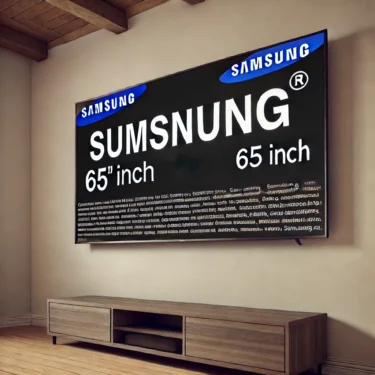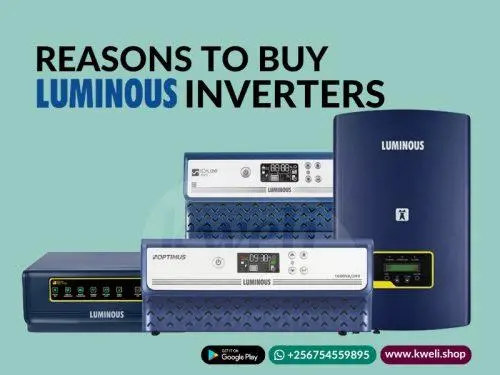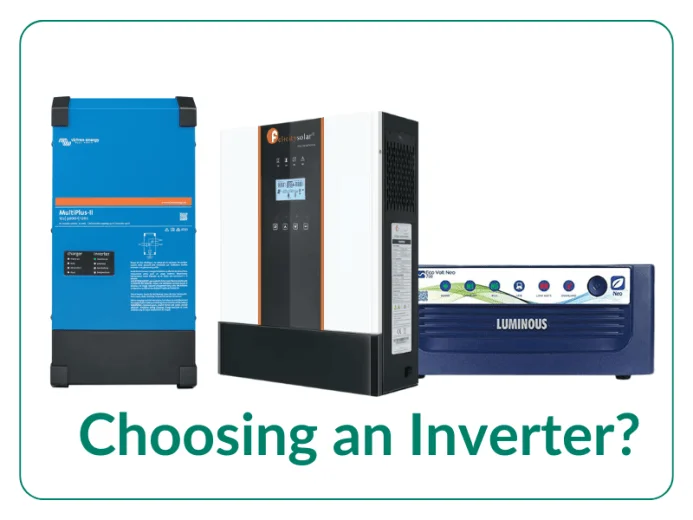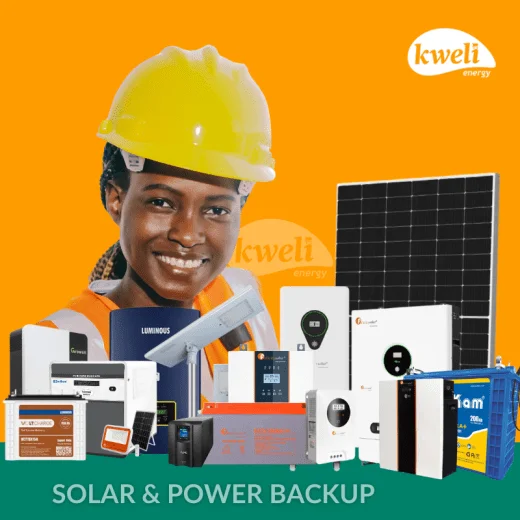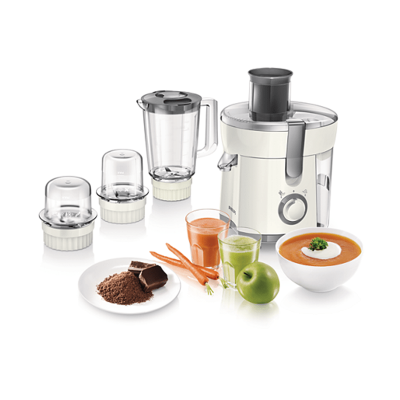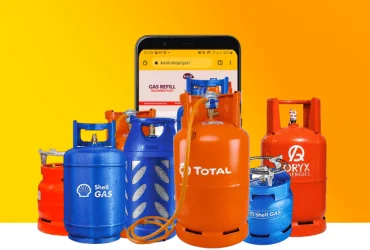Inverters are a critical part of any solar or power backup system; they primarily convert the DC power from solar panels or batteries to AC power used to run the most common electrical appliances. Hybrid inverters may also have built-in solar charge controllers and be used to charge batteries using Solar.
In this article, we share 5 critical things to consider when buying an inverter for your off-grid or gridtied power backup or solar system.
-
- Your Power Requirements:
Begin by calculating the total wattage of all devices you intend to power simultaneously. This total wattage will determine the minimum continuous power rating your inverter should have. Remember to account for any high-startup devices that require surge power such as refrigerators (typically 5x). - Type of appliances.
Appliances that have heating elements such as grill microwaves, electric kettles, flat irons, water heaters and bread toasters require special inverters to handle their unique power requirement. It is always a good idea to share with your supplier about your intended use cases for proper guidance before purchasing an inverter. - The input voltage.
The voltage of the inverter should match the voltage of your battery and other input power sources such as solar panels. Normally, a 12V-rated inverter will only work with 12V solar panels and a 12V battery bank; the same applies to 24V and 48V inverters. Mismatched voltages can damage the inverter and connected devices. - Efficiency and Features.
Look for inverters with high-efficiency ratings to minimize energy loss during the conversion process. Consider additional features such as surge protection, USB ports for charging small devices, Bluetooth remote control capabilities, and LCDs for monitoring power usage, based on your needs and preferences. - The brand.
I hate to repeat myself but the brand usually tells a lot about the quality of not just the inverter but any product. Renowned inverter brands may cost a bit more but are great for the long run.
- Your Power Requirements:

